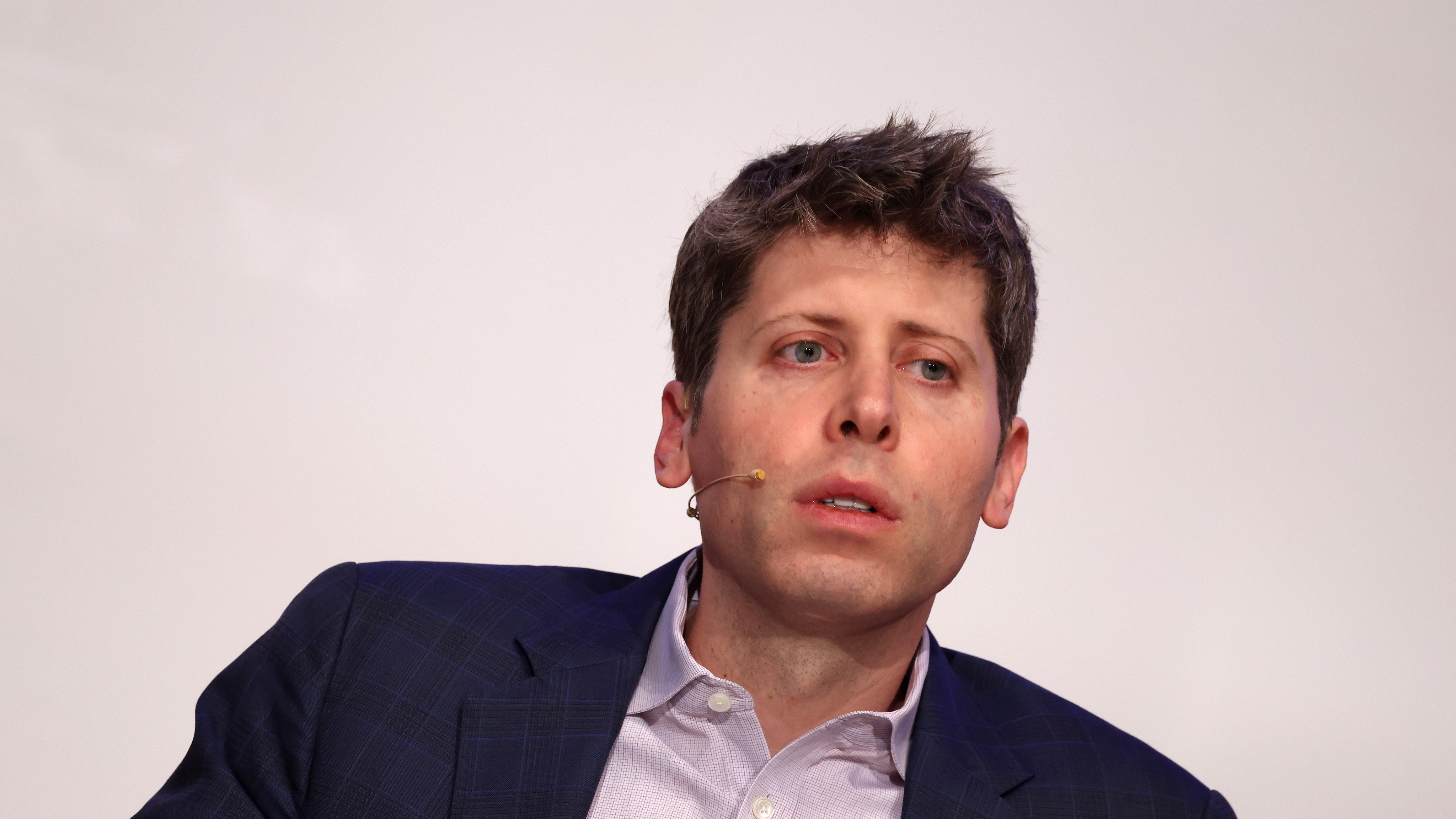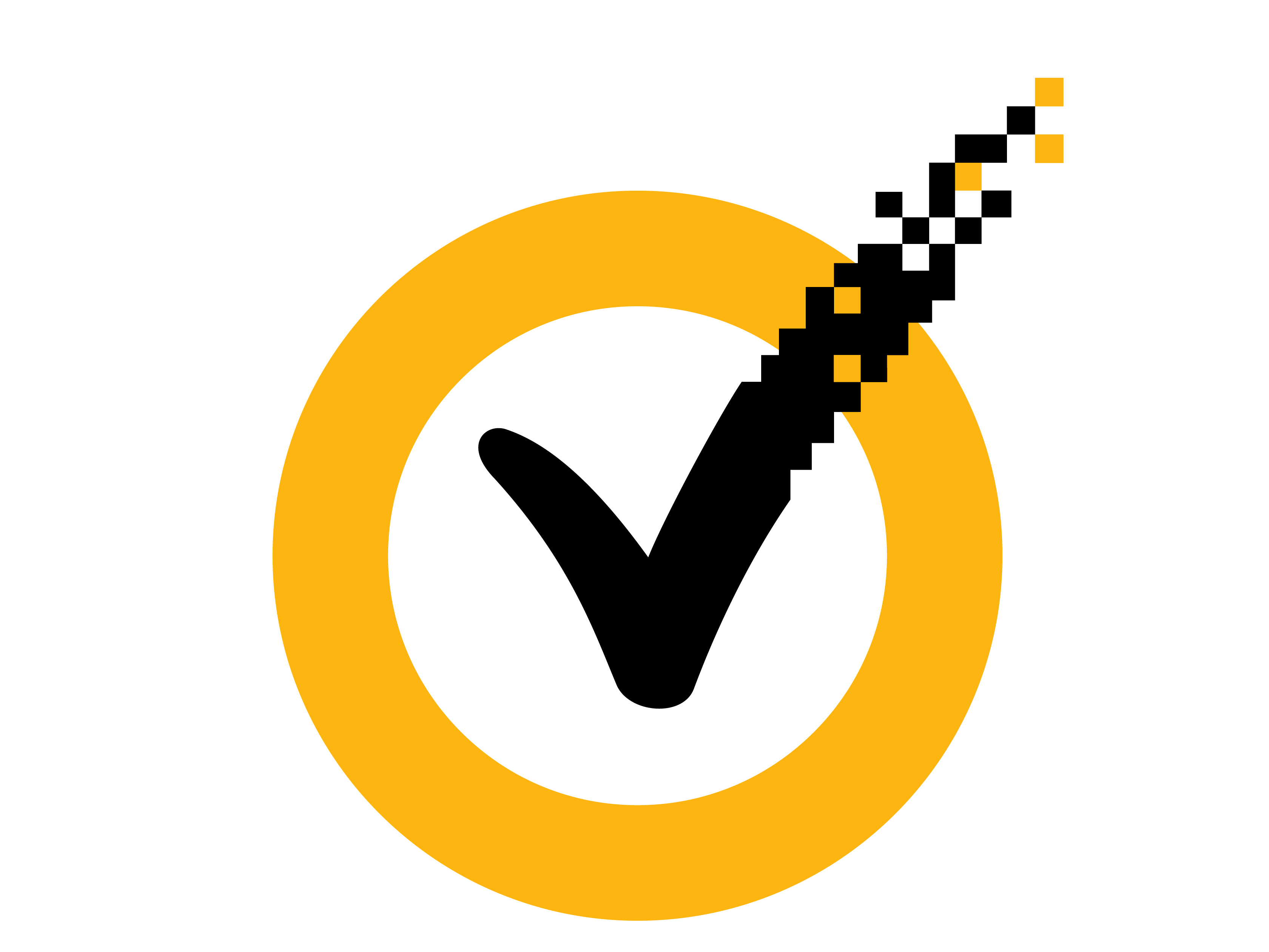Do SAP's licensing changes signal a break with complexity?
Will SAP's new licensing model reassure customers or is it back to the drawing board?

Running too simple?
But the binary nature of SAP's existing metrics could prove too basic for some of its customers' complicated use cases, especially as firms move into the cloud.
Previously, the user group has focused on members' concern over whether SAP's licensing models will keep pace with how they use the vendor's products as they adopt cloud and Internet of Things (IoT) technologies, a reality that potentially opens up an ERP system to entirely new connections between other devices and third-parties.
Bond argues that the either/or approach of SAP's new licensing could be too simple to address this.
"We seem to have moved from one extreme to the other - from massively complex and unwieldy to something that is potentially too one-dimensional," he says. "SAP is struggling to continue with 'user' as a proxy for the unit of business value derived from its technology. Change is necessary to accommodate the move to cloud computing, but its fairness will depend much more on how SAP decides to implement rather than just user-based vs order-based characteristics."
But SAP's Zeine recognises that there is still a long road ahead to figure out how licensing can better reflect new ways in which SAP's technology is used.
"We know we have still some other concerns to work through and we are very committed to doing that," she tells IT Pro.
Get the ITPro daily newsletter
Sign up today and you will receive a free copy of our Future Focus 2025 report - the leading guidance on AI, cybersecurity and other IT challenges as per 700+ senior executives
"On the IoT scenarios that relate to order, which is the majority of the time ... that will be taken care of with this new adjustment," she claims. "We do have the devices which just tell you 'hello, I'm here' every single morning without doing anything else, and so we're hopeful that in the next months we would be able to come to a new one [license model], but I like to work very closely with our customers on this."
So, will SAP's customers feel reassured?
"Regarding IoT, I don't know what SAP could do to restore customer confidence," states Forrester's Jones. "Unless you are a giant company, you would have to be very brave to use SAP for IoT, based on its 'too little, too late' response to this scandal."
But SAP's changes signal that it's starting to listen to its customers' concerns and is working to address them.
While the user group acknowledges that there's a long way still to go, it's optimistic about SAP's apparent shift in attitude as demonstrated by last month's licensing changes, arguing that transparency and communication with customers will be key to reassuring them.
Its chairman, Cooper, says: "Licensing is an incredibly complex topic, so it will be imperative that SAP provides as much information and education to customers as possible, with working examples that customers can clearly understand."
While Jones argues that SAP should sack "rogue salespeople" who haggle pricing - rather than the product experts who know how customers want to use it - the user group says SAP must work to make sure its frontline sales staff understand the licensing changes and can communicate them properly to users.
"SAP also needs to ensure that account managers are fully educated regarding this, so they can work with customers and articulate the right way to proceed," Cooper says.
Hillary's Bond adds: "SAP needs to streamline its licensing to match the realities of cloud computing, but it's too early to say whether this will be a positive change for customers. How drastic the change is to customers will entirely depend on what fairness and finesse SAP applies to the transition."
-
 M&S suspends online sales as 'cyber incident' continues
M&S suspends online sales as 'cyber incident' continuesNews Marks & Spencer (M&S) has informed customers that all online and app sales have been suspended as the high street retailer battles a ‘cyber incident’.
By Ross Kelly
-
 Manners cost nothing, unless you’re using ChatGPT
Manners cost nothing, unless you’re using ChatGPTOpinion Polite users are costing OpenAI millions of dollars each year – but Ps and Qs are a small dent in what ChatGPT could cost the planet
By Ross Kelly
-
 The power of IBM Power for SAP HANA and SAP S/4HANA environments
The power of IBM Power for SAP HANA and SAP S/4HANA environmentswhitepaper Greater efficiency, reduced carbon footprint
By ITPro
-
 Questions you still need to ask SAP about indirect access
Questions you still need to ask SAP about indirect accessAnalysis SAP believes it has solved customers' concerns around indirect access, but some unanswered questions remain
By Joe Curtis
-
 AWS lets users run SAP apps directly on SUSE Linux
AWS lets users run SAP apps directly on SUSE LinuxNews Partnership brings SUSE's Enterprise Server for SAP into Amazon's cloud
By Clare Hopping
-
 SAP: Can licensing keep pace with IoT innovation?
SAP: Can licensing keep pace with IoT innovation?Analysis Customers want more transparency over SAP's licensing roadmap
By Joe Curtis
-
 Tennis coaches to use on-court data insights from SAP
Tennis coaches to use on-court data insights from SAPNews Mobiles running real time analytics to help tennis players such as Serena Williams and Maria Sharapova
By Rene Millman
-
 SAP splashes £2.18bn on SuccessFactors
SAP splashes £2.18bn on SuccessFactorsNews The firm boosts their business software with the inclusion of Human Capital Management.
By Jennifer Scott
-
 Symantec results better than expected
Symantec results better than expectedNews Symantec posts some positive results, beating Wall Street expectations.
By Tom Brewster
-
 Benioff bashes anti-Salesforce Microsoft marketing
Benioff bashes anti-Salesforce Microsoft marketingNews Marc Benioff said he plans to hit Microsoft where it hurts with some upcoming announcements.
By Tom Brewster